Jun 16, 2023This information takes many different forms, e.g., images, sounds, or meaning. For psychologists, the term memory covers three important aspects of information processing: Memory Encoding. When information comes into our memory system (from sensory input), it needs to be changed into a form that the system can cope with so that it can be stored.
Motor Planning and Handwriting – The OT Toolbox
Encoding is the process of getting information into memory. If information or stimuli never gets encoded, it will not be remembered. Encoding is the first stage of the memory process. Encoding occurs when information is translated into a form that can be processed mentally.

Source Image: slideplayer.com
Download Image
Memory is an information processing system; therefore, we often compare it to a computer. Memory is the set of processes used to encode, store, and retrieve information over different periods of time ( Figure 5.2 ). Figure 5.2 Encoding involves the input of information into the memory system.
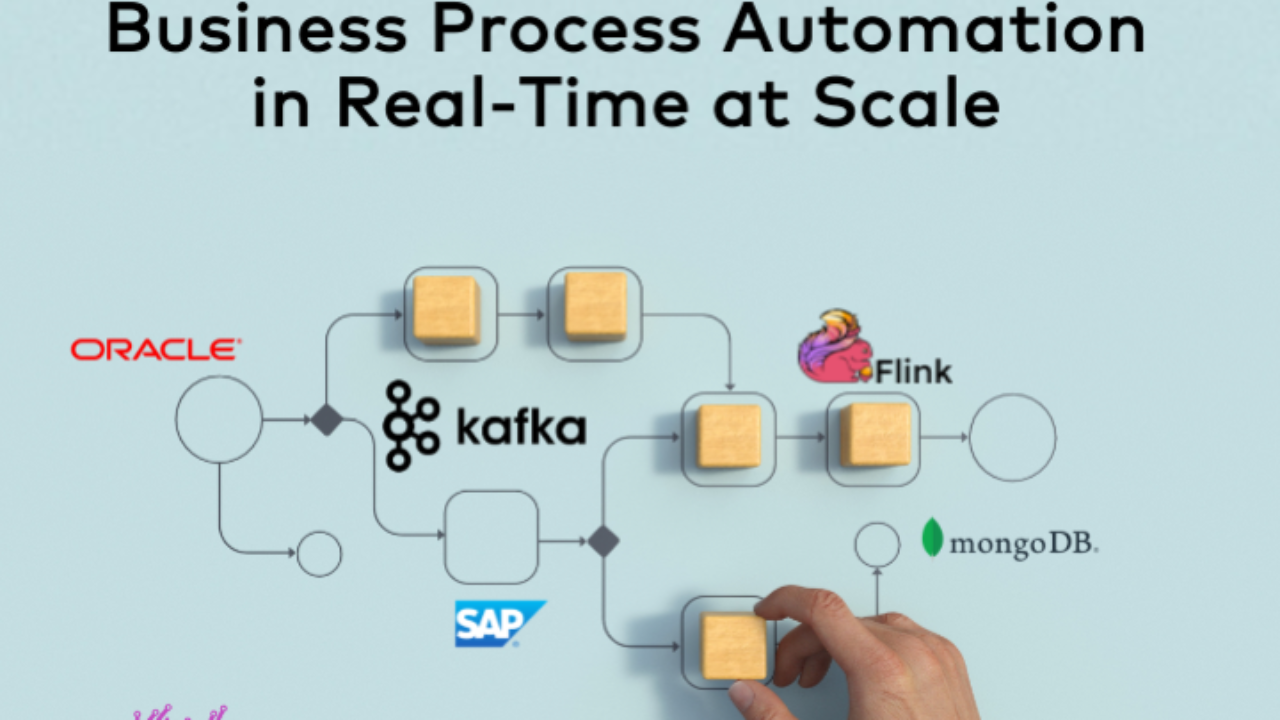
Source Image: kai-waehner.de
Download Image
Long-term memory: Definition, loss, psychology, and more
Encoding is the process of getting information into memory. Selective attention, a concept discussed in Chapter Five, explains why we may encode some stimuli and not others. Encoding is also affected by divided attention, which occurs when a person is paying attention to more than one thing at the same time.
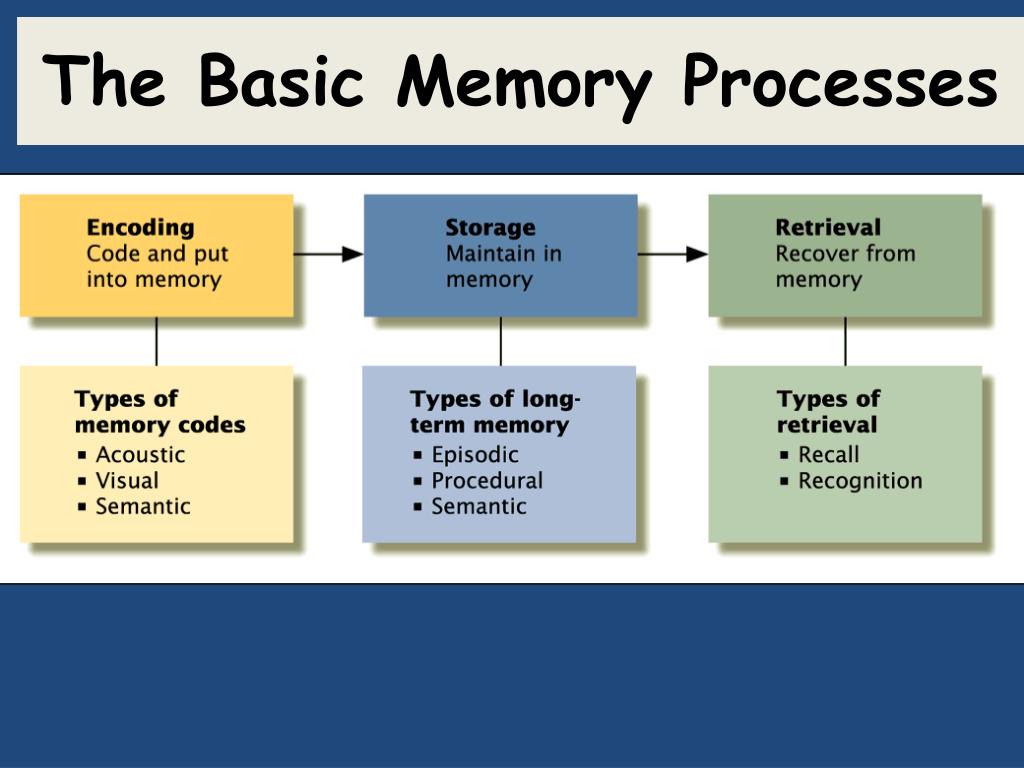
Source Image: slideserve.com
Download Image
The Process Of Getting Information Into Memory Is Called
Encoding is the process of getting information into memory. Selective attention, a concept discussed in Chapter Five, explains why we may encode some stimuli and not others. Encoding is also affected by divided attention, which occurs when a person is paying attention to more than one thing at the same time.
The idea that information is processed through three memory systems is called the Atkinson-Shiffrin (A-S) model of memory. First, environmental stimuli enter our sensory memory for a period of less than a second to a few seconds. Those stimuli that we notice and pay attention to then move into short-term memory (also called working memory).
PPT – Chapter 9: Memory PowerPoint Presentation, free download – ID:5721589
Video 1. Memory Systems offers an overview of the three memory system and the process of encoding, strong, and retrieving memories. Encoding We get information into our brains through a process called encoding, which is the input of information into the memory system.
Why Students Forget and How to Prevent it from Happening – TeachHUB

Source Image: teachhub.com
Download Image
memory, thinking and language. – ppt download
Video 1. Memory Systems offers an overview of the three memory system and the process of encoding, strong, and retrieving memories. Encoding We get information into our brains through a process called encoding, which is the input of information into the memory system.
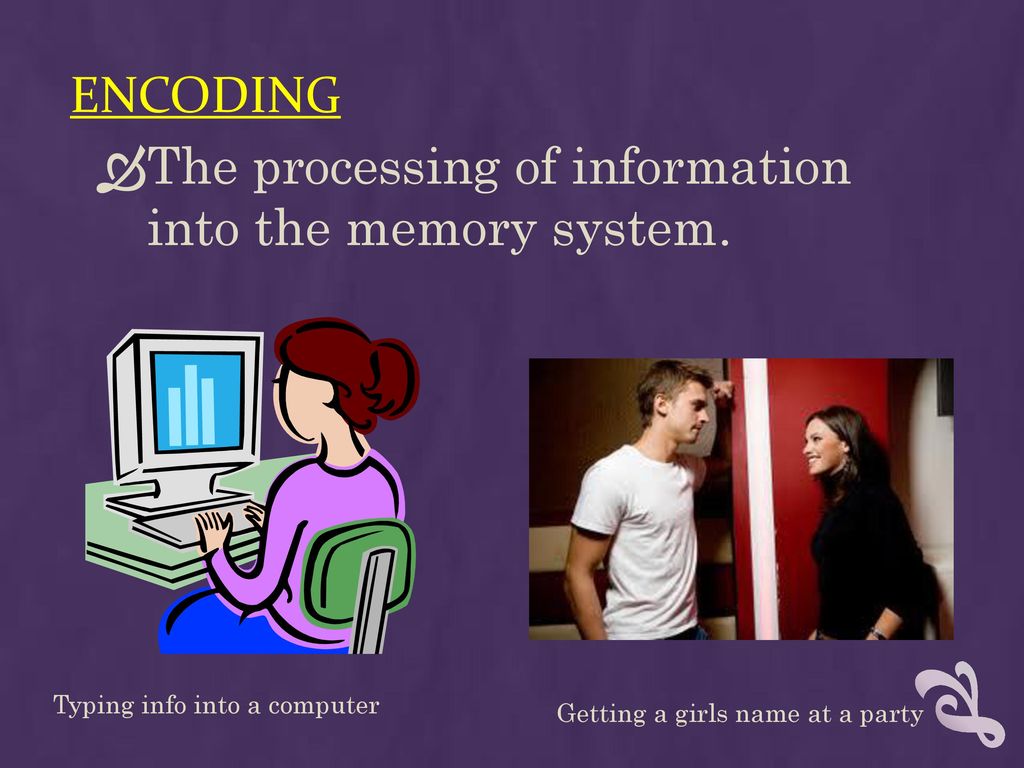
Source Image: slideplayer.com
Download Image
Motor Planning and Handwriting – The OT Toolbox
Jun 16, 2023This information takes many different forms, e.g., images, sounds, or meaning. For psychologists, the term memory covers three important aspects of information processing: Memory Encoding. When information comes into our memory system (from sensory input), it needs to be changed into a form that the system can cope with so that it can be stored.
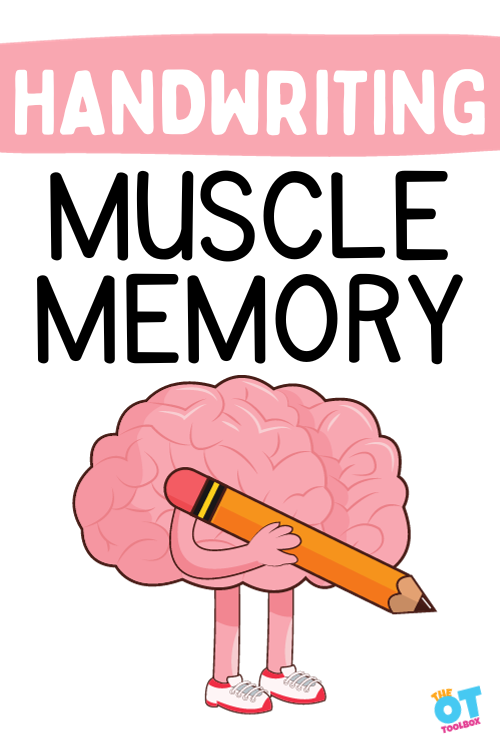
Source Image: theottoolbox.com
Download Image
Long-term memory: Definition, loss, psychology, and more
Memory is an information processing system; therefore, we often compare it to a computer. Memory is the set of processes used to encode, store, and retrieve information over different periods of time ( Figure 5.2 ). Figure 5.2 Encoding involves the input of information into the memory system.

Source Image: medicalnewstoday.com
Download Image
Psychology 101- Memory – Week 3 Flashcards | Quizlet
We get information into our brains through a process called encoding, which is the input of information into the memory system. Once we receive sensory information from the environment, our brains label or code it. We organize the information with other similar information and connect new concepts to existing concepts.

Source Image: quizlet.com
Download Image
23 Computer Science Terms Every Aspiring Developer Should Know
Encoding is the process of getting information into memory. Selective attention, a concept discussed in Chapter Five, explains why we may encode some stimuli and not others. Encoding is also affected by divided attention, which occurs when a person is paying attention to more than one thing at the same time.
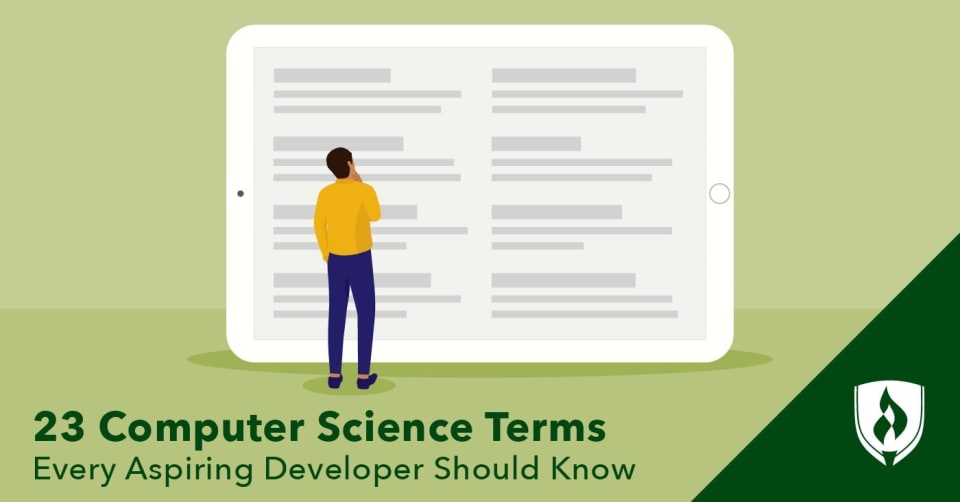
Source Image: rasmussen.edu
Download Image
How much GPU memory do I need? | Digital Trends
The idea that information is processed through three memory systems is called the Atkinson-Shiffrin (A-S) model of memory. First, environmental stimuli enter our sensory memory for a period of less than a second to a few seconds. Those stimuli that we notice and pay attention to then move into short-term memory (also called working memory).
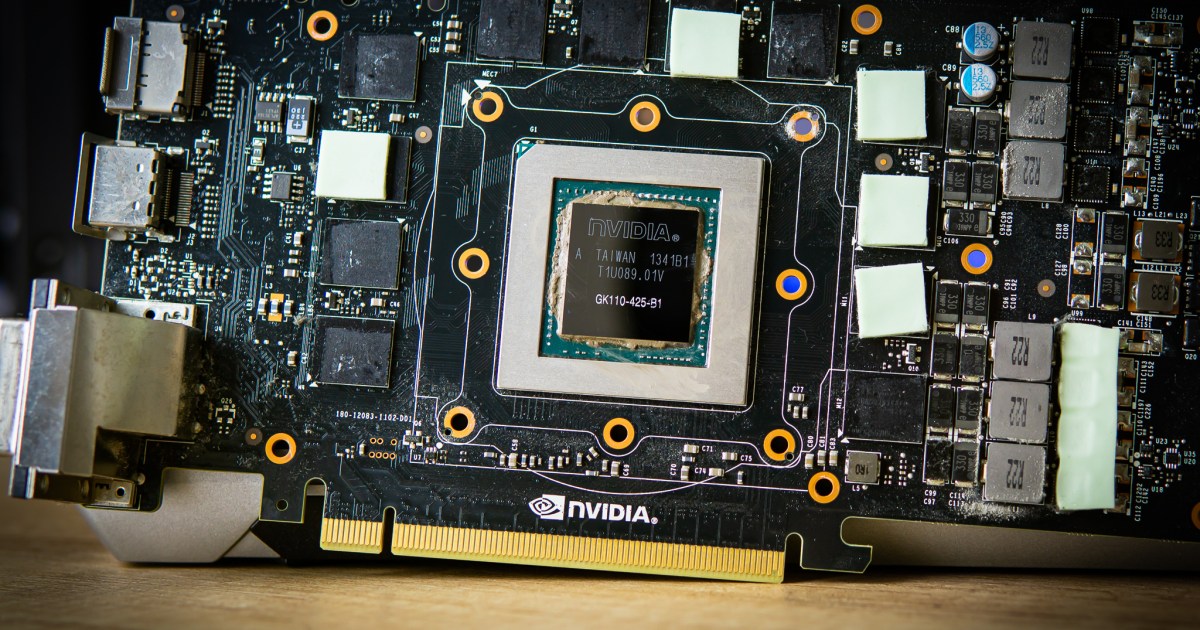
Source Image: digitaltrends.com
Download Image
memory, thinking and language. – ppt download
How much GPU memory do I need? | Digital Trends
Encoding is the process of getting information into memory. If information or stimuli never gets encoded, it will not be remembered. Encoding is the first stage of the memory process. Encoding occurs when information is translated into a form that can be processed mentally.
Long-term memory: Definition, loss, psychology, and more 23 Computer Science Terms Every Aspiring Developer Should Know
We get information into our brains through a process called encoding, which is the input of information into the memory system. Once we receive sensory information from the environment, our brains label or code it. We organize the information with other similar information and connect new concepts to existing concepts.